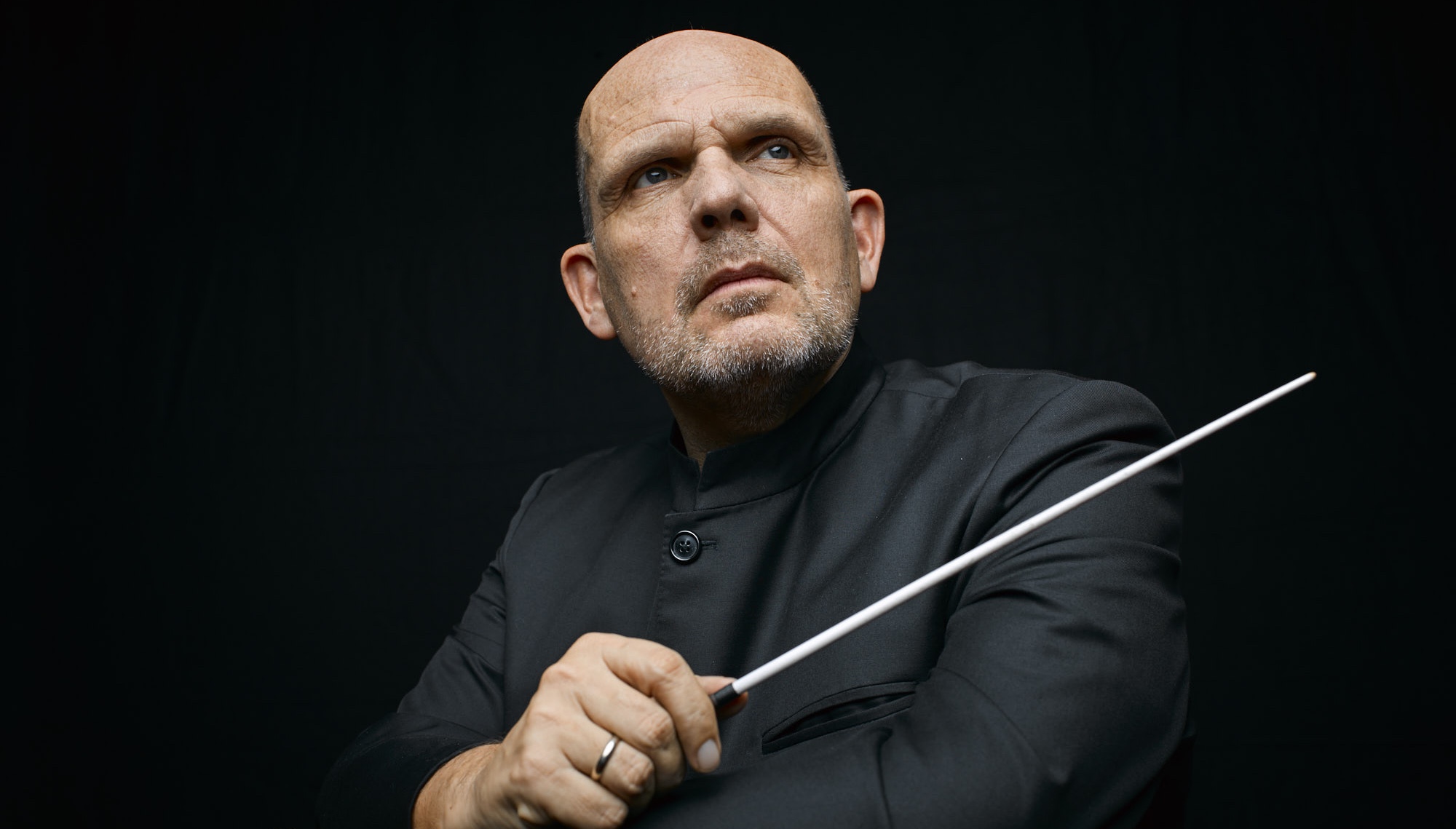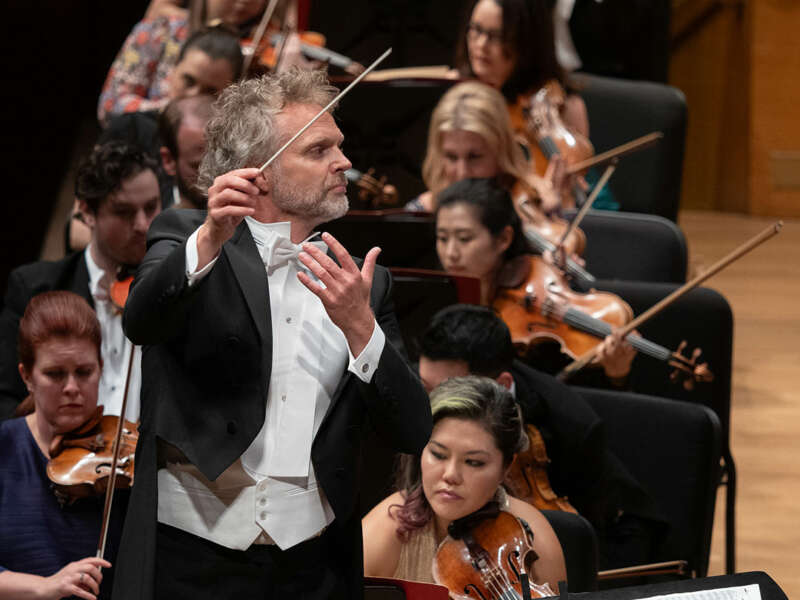Conductor Jaap van Zweden Responds to Musicians’ Alleged “Pattern of Fear” Under His Leadership
The Dutch conductor says he was “shocked” by the allegations from musicians of different orchestras around the world
The Dutch media program Pointer (KRO-NCRV), which investigates injustice and societal issues in the Netherlands, has released a documentary report on conductor Jaap van Zweden.
Based on six months of research, Pointer’s report interviewed around 50 musicians, management, and staff from seven of the orchestras van Zweden conducted in the Netherlands and abroad throughout the last 25 years.
Pointer highlights experiences from several musicians (most of whom chose to remain anonymous throughout the investigation), who consistently allege van Zweden’s harsh and sometimes intimidating working behavior.
Others say they have been insulted and disparaged by him in the presence of colleagues, and have even called in sick and used tranquilizers and beta-blockers, among other things, when van Zweden conducts their orchestra.
Jaap van Zweden’s career is marked by several high-profile roles, including music director of the New York Philharmonic since 2018. Previously, he served as concertmaster of the Concertgebouw Orchestra.
In 2011, he won Conductor of the Year in the US, and in 2019, the Hong Kong Philharmonic Orchestra became the best orchestra under his leadership. Recently, he won the Concertgebouw Prize in the Netherlands. In the last 30 years, he has led well over 50 orchestras worldwide.
In the tips received by Pointer, an orchestra manager stated: “the public adore him, but in orchestra circles it is well known that he treats musicians in an authoritarian manner and insults them with intimidating and offensive remarks.”
“He shouts at you as if you were a four-year-old,” claims one source from an American orchestra. “And when he is having a go, you’re on your own,” says another source from Hong Kong. “It’s not just the orchestra, everyone fears him. All the way up to the management.”
“I want to tell people that these stories, many many of them, are true,” claimed another musician who played with the Dallas Symphony from 2008 to 2018. “It is a culture of fear and intimidation that he brings to organisations … Many of us are still suffering from the effects of his behaviour on the podium … It’s really a psychological warfare he instils against his musicians.”
“People who experienced and endured it, had their boundaries crossed … Sometimes with severe consequences for the people involved,” concluded professor and researcher Marjan Olfers, who had read 20 anonymized testimonies sent to Pointer alongside Professor of Integrity Rob van Eijbergen. Not only did the accounts reveal a “pattern of fear,” but the “inappropriate behavior, which this is, often pertains to power,” van Eijbergen said.
Pointer added that van Zweden is cognizant of his behavior — in his biography written by Peter van Ingen, he says: “Over the years I have been a little too fanatical sometimes. My responses were strongly based on my own childhood experiences. That self-discipline is part of me, so I show that to others. I realise not everyone had a childhood like mine.”
The conductor declined an interview appearance with Pointer, but instead provided a recorded statement on the allegations against him. Below is part of his response.
“I was shocked by the anonymous quotes I have read from eleven musicians," he said. "The preparation of a classical concert is always intense but has to be harmonious. As a conductor, I have to unite over 100 individuals in one shared vision, in the service of the music and the audience. This requires clear choices. My style of leadership should never lead to unhealthy stress or sleepless nights.
"I know I can be demanding," he added. "But my target is always the collective, not an individual. By the way, I have the Amsterdam directness. But this can never be an excuse for a work environment that results in stress or the use of tranquilizers. Of course I know this happens at orchestras, but I am dramatically opposed to it. I want musicians get in their flow thanks to music, not drugs."
"I realize that leading an orchestra is a huge responsibility. You have to make over 100 different musicians perform at their best. And you have to do it in such a way that everyone feels seen and valued. It should never lead to sick days. The stories touch me, because a conductor has to connect with his orchestra. Only this will result in perfect harmony. Of course I am open to criticism. If my way of working needs to improve, please tell me."
june 2025
july 2025




































